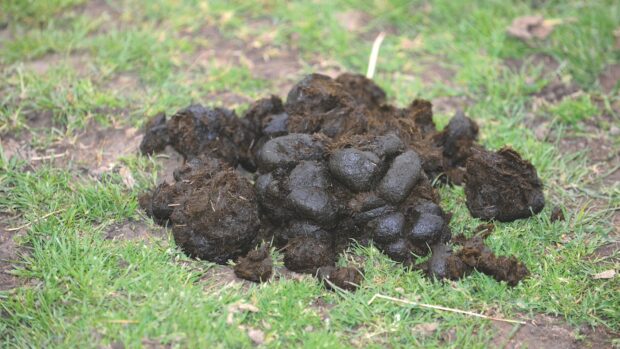Horse owners could be risking their horse’s health by not worming correctly.
Results from this year’s National Equine Health Survey (NEHS) showed that 29% of people who thought they had treated for encysted small redworm had used an unsuitable product.
Small redworm are the most common worms found in UK horses and, in their encysted stage, are potentially fatal.
They don’t show up in faecal worm egg counts and may not cause obvious symptoms so owners may not know their horse has them.
The only two active ingredients licensed to treat the small redworm are a single dose of moxidectin or a five-day course of fenbendazole.
The survey results showed 22.5% of those who specified how they treated for encysted small redworm had used ivermectin and 6.3% had used products licensed for tapeworm.
Of the remaining respondents 64% (down from 71% in 2014) had correctly used moxidectin and 7% had used fenbendazole.
| Related articles |
“Encysted small redworm are potentially the most harmful parasites to affect horses in the UK, yet the survey results show consistent confusion over the correct product to use to minimise risk.
“It is imperative for owners to discuss their worm control plan with their vet or SQP and use the right product at the right time to safeguard their horses’ health,” said Wendy Talbot, for equine health company Zoetis.
The company recommends horses should be wormed for encysted small redworm during November or December. This can be combined with a treatment for bots.
Owners should also carry out faecal worm egg counts every two-three months throughout the grazing season and treat for strongyles as required.
Once or twice a year horses should be tested and treated for tapeworm to complete year-round worm control in adult horses.
For more information visit: www.wormingyourhorse.info



